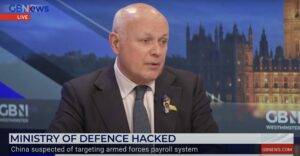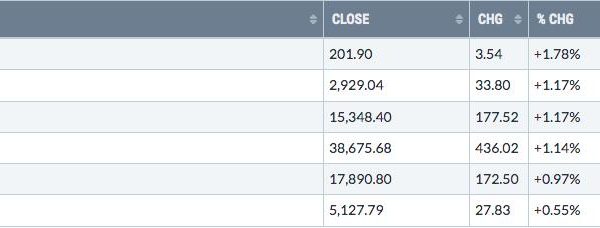The ongoing late payment threat facing UK businesses is now so bad, it has caught the attention of Westminster.
According to recent polling, almost two-thirds of MPs support the introduction of a compulsory Prompt Payment Code (PPC) to protect small-medium sized enterprises’ (SME) cash flow.
As it stands, the Prompt Payment Code (PPC) remains voluntary for businesses to abide by, which exempts businesses from having to pay majority of invoices issued by SMEs within the first 30 days of being sent.
Lynne Darcey Quigley, CEO and Founder of Know-it comments: For too long, SMEs across the country have been subject to the plight of late payment culture and it has now reached the agenda of MPs. In the current climate, the SME community requires all the help it can access and that includes combatting late payment culture.
“SME cash flow is the lifeblood of the business and it’s critical to maintain its health. Now that the majority of UK legislators agree on addressing late payments, it’s time for them to work together and make meaningful change and secure the future of the community.”
With the majority of UK start-ups failing to survive at the current rate, now is the time for swift and meaningful action from the government.
Lynne continues: “SMEs and start-ups are being put through the financial ringer and it has been the same pressurised scenario for a number of years now. Technological innovation can counter late payment culture, but it is one that should be avoided in the first place.
“Meaningful government action would see bringing an end to voluntary PPC arrangements and making it compulsory. Delivering a product or service and then issuing an invoice can no longer be viewed as a favour by debtors – 30 days should be plenty of time for businesses (particularly larger outfits) to make payment.
“Thankfully, technology is on-hand to automate the credit control process for SMEs struggling with cash flow. What used to be an entirely manual process and often hindered by human error can now be overseen and processed seamlessly. Being able to credit check, chase and collect overdue payments could be the difference between SMEs surviving or becoming the latest insolvency statistic.”
Focusing on Scotland to understand the extent of the crisis – it is estimated that the nation’s SMEs are currently owed £24,000 in late payments, according to latest figures.
Lynne concludes: “The plight of late payment culture will continue to hinder SME survival across the UK if action is not taken. The soaring costs of running a business adds further pressure onto SMEs – conducting work and not getting paid for it is simply not feasible in the current climate.
“The government has sat up and taken notice of the late payment crisis, but it will be mean nothing if a lack of action is taken. Implementing compulsory 30-day PPC periods will be a big first step in the right direction. Technology is now also playing a critical role and is helping SMEs automate and tighten credit control processes, but a helping hand in the form of tougher legislation will be greatly welcomed by UK SMEs in the ongoing fight against late payment culture.”
Read more:
MPs are waking up to late payment culture threatening the SME community























